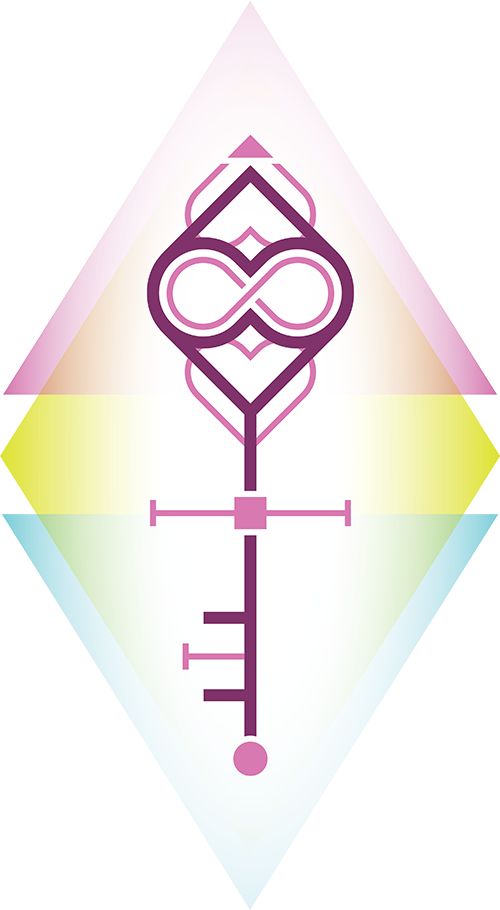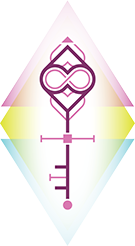Calming the overactive Nervous System
The nervous system is a complex network of nerves and cells that transmits signals between different parts of the body. It is responsible for coordinating and controlling many bodily functions, including sensory perceptions, movements, and internal organ activities. It is composed of the central nervous system (the brain and spinal cord) and the peripheral nervous system (the nerves that connect the rest of the body to the central nervous system). Below are some ways to help calm our system down when we are overwhelmed or taxed energetically in our lives.
1. Exercise: Regular exercise helps reduce stress and improve the functioning of the nervous system.
2. Yoga and Meditation: Yoga and meditation can help to promote relaxation and reduce stress levels.
3. Proper Nutrition: Eating a healthy and balanced diet can help to nourish the nervous system and maintain its health.
4. Acupuncture: This traditional Chinese therapy uses fine needles to stimulate specific points on the body to improve the functioning of the nervous system.
5. Herbal Remedies: Certain herbs, such as ashwagandha, St. John’s Wort and ginseng, have been found to be beneficial in treating nerve-related issues.
6. Neurofeedback: This type of therapy uses electrical signals to help the brain to self-regulate and improve the functioning of the nervous system.
Here is a big key….Yes, fear or a fear response can trigger the nervous system and anxiety. When faced with a fearful or dangerous situation, the body automatically activates the "fight or flight" response, which is a stress response from the sympathetic nervous system. The response involves the release of hormones, such as adrenaline and cortisol, which can increase heart rate and blood pressure and make a person feel anxious.
Mindfulness is the practice of bringing your attention to the present moment and tuning into your immediate experience, with an attitude of non-judgment and acceptance. The practice of mindfulness helps individuals cultivate an awareness of their thoughts, emotions, physical sensations, and surrounding environment, allowing them to respond to stressful events in healthier and more productive way. Meditation can help us find some peace but let’s discuss our physical nature with the nervous system, primarily the Vagus nerve.
The Vagus nerve is the longest of the cranial nerves, extending from the brainstem to the abdomen. It plays a major role in regulating many of the body's organs, including the digestive system, heart rate, temperature, and sweating. It also helps to control emotions and behaviors. Healing and activating this specific nerve helps to temper the stress response within the nervous system. Here are some tips to help with that.
1. Gargle: Gargling with warm water is an easy and effective way to stimulate your vagus nerve.
2. Chewing: Chewing food slowly and thoroughly stimulates the vagus nerve.
3. Yoga: Certain restorative and gentle yoga poses, like Child’s Pose, Corpse Pose (Savasana), and Saw Pose, can stimulate the vagus nerve.
4. Humming: Humming or singing a song can help activate the vagus nerve.
5. Massage: Massaging your neck and shoulders can help stimulate the vagus nerve.
6. Cold stimuli: Cold stimuli, like holding an ice pack to your face or drinking an ice-cold beverage, can stimulate the vagus nerve and trigger the body’s parasympathetic response.
7. Acupuncture: Acupuncture can stimulate certain points on the body that can help activate and increase vagal nerve.
It is a journey to find what will work best for you with calming your physical response to stress and other factors that test the nervous system. Go slow, try many things and experiment along the way. Some things will help while others may not, however the end result is greater inner peace which will create outer peace in your life and the world you're creating. Breathe. Remember that most times when we are fearful it is because we lack understanding or we don’t trust. Trust in yourself and God and the way will be shown to you.
Peace Unto You.
Megan Davenport
Senior Guide, RM

